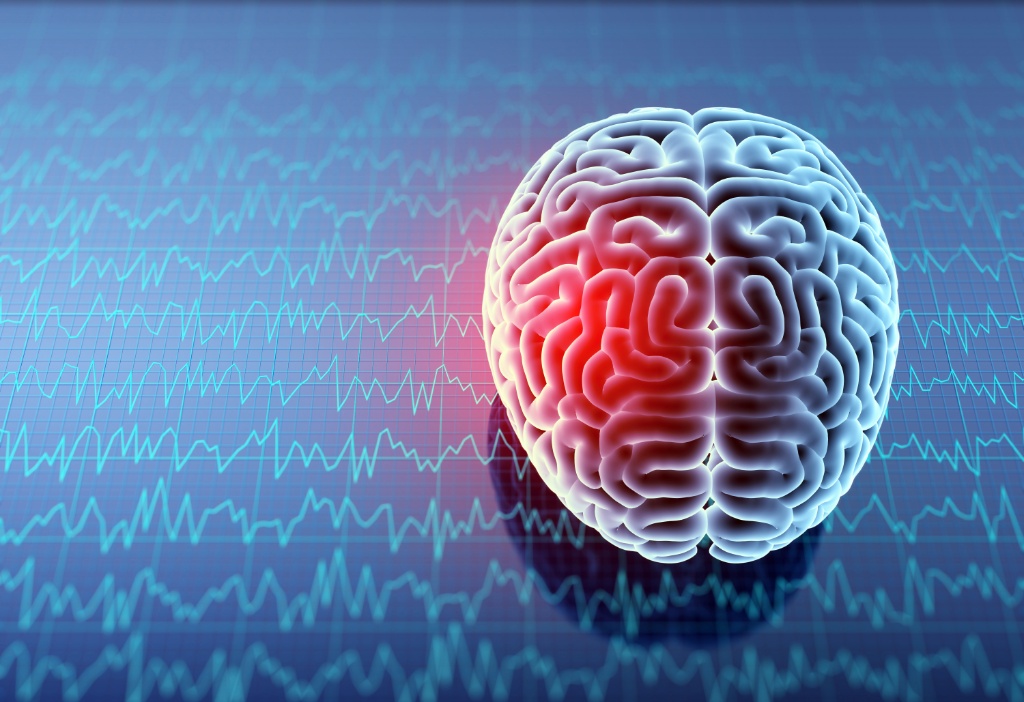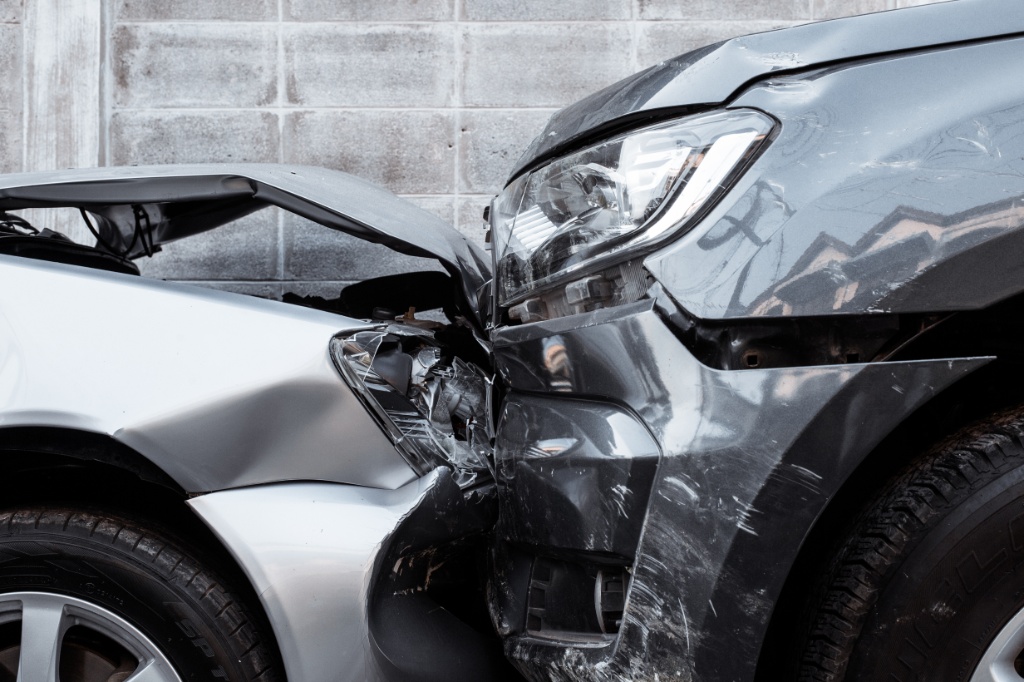January 17, 2023 | car accident Claims
Coping with PTSD After a Car Accident
Table of Contents
For some individuals, car accidents can be traumatic experiences. Not only can they result in fatalities and serious physical injuries, motor vehicle collisions can cause the people involved to develop long-lasting psychological issues. Depending on a number of factors, accident-related psychological injuries can have significant impacts on a person’s overall quality of life.
One of the most common mental health disorders developed by car accident survivors is post-traumatic stress disorder (PTSD). Many people associate PTSD with military veterans, victims of violent crimes, survivors of natural disasters, and other people who have witnessed or experienced a traumatic event. But in reality, car accidents are the leading cause of PTSD in the general population.
Being involved in a sudden and unexpected collision can be psychologically scarring. On top of coping with injury-related physical challenges after surviving an accident, all aspects of a person’s life can be impacted by their exposure to trauma.
People can recover from PTSD. Every car accident survivor’s experience is unique, as is their journey to recovery. With trauma counseling, a robust emotional support network, and other useful resources, it is possible to recover from PTSD within six months. Unfortunately, for many victims of motor vehicle collisions, the road to recovery is much longer.
If you have survived a car accident and are suffering from symptoms of PTSD, you are not alone. With 9.2% of the population developing this mental health disorder throughout their lifetimes, Canada has the highest rate of PTSD out of 24 countries surveyed in a recent psychiatric study.
The symptoms of PTSD can be overwhelming and seeking help for this condition is not always easy. In order to cope with this serious mental health disorder, it is important for car accident survivors to recognize the symptoms and their potential impacts, and to familiarize themselves with resources that might be available to help them through this challenging experience.
The Symptoms Of Ptsd
Once commonly known as “shell shock” in reference to traumatized soldiers returning from active combat, PTSD is a natural emotional response to violent, frightening situations. No one suffering from this justifiable psychological disorder should feel ashamed or embarrassed. Despite a history of stigmatization, people experiencing symptoms of PTSD are, in fact, naturally coping with the body and mind’s response to an unnatural event or act.
That said, the symptoms of PTSD can have a significant impact on a person’s daily life. Many accident survivors who have developed PTSD may also develop depression. In fact, about half of all people suffering from PTSD also have major depressive disorder.
Sometimes, the onset of PTSD symptoms can be delayed by years. Usually, though, they begin presenting within three months of the traumatic event. The symptoms of post-traumatic stress disorder (PTSD) can be divided into four main categories:
- Re-experiencing
- Avoidance
- Negative changes in cognition and mood
- Increased stimulation and reactivity
Re-experiencing symptoms include flashbacks, nightmares, and intrusive memories of the traumatic event. Car accident survivors suffering from PTSD may all of a sudden feel as though they are living through their traumatizing experience all over again. These negative experiences can be triggered by re-exposure to conditions that remind accident survivors of their trauma. Riding in a car– or even approaching a motor vehicle– can be a triggering event. As such, these symptoms pave the way for avoidant behaviours.
Avoidance symptoms include an attempt to stay away from all reminders of the traumatic event. This can lead to a withdrawal from family and friends, a loss of interest in various regular activities, increased anxiety and worry, and a feeling of emotional numbness.
Negative changes in cognitions and mood include negative thoughts about oneself or the world, distorted feelings of guilt or blame, and feeling hopeless about the future. People suffering from PTSD may have trouble concentrating or remembering. They could also exhibit mood swings, aggressive outbursts, and seemingly irrational fears.
Increased arousal and reactivity symptoms include being easily startled, feeling tense or on edge, and having trouble sleeping. These symptoms can also manifest as panic attacks, shortness of breath, dizziness, and increased heart rates.
These symptoms can make it difficult for a person to function in their daily life. Their symptoms of PTSD can affect their ability to work, often leading to financial stress.
Do People Suffering From Ptsd Qualify For Disability Benefits?
Many car accident survivors suffering from PTSD find it difficult to return to work because of the symptoms they experience. This is especially true for people whose jobs involve emotional triggers, such as operating or traveling in a motor vehicle.
If your symptoms of PTSD make it impossible for you to continue performing the duties of your job, you might be entitled to Long-Term disability (LTD) benefits. Some people have access to LTD benefits through their employer’s group insurance plan; others pay for private insurance coverage that includes these disability benefits. Depending on your available insurance coverage, you might be able to access LTD benefits after exhausting your other benefits, including short-term disability and EI.
Typically, LTD benefits replace between 60-70% of an eligible recipient’s normal wages. These monthly payments can be life-saving for people who are unable to return to work. Unfortunately, recovering LTD benefits for invisible injuries can be difficult.
The symptoms of PTSD are subjective. They cannot be observed with objective medical testing. As such, it is one of many serious mental health disorders commonly described as “invisible.” Insurance providers often adjudicate claims for invisible injuries with additional levels of scrutiny. Because of this, many people suffering from mental health issues who apply for LTD benefits receive a notice of denial.
If your claim for LTD benefits was denied even though your PTSD symptoms prevent you from doing your job, consider scheduling a free initial consultation with our Long-Term disability benefits lawyers. To learn how Preszler Injury Lawyers may be able to help you appeal your insurer’s unfair decision and recover the benefits you are rightfully owed, contact us today.
Strategies For Coping With Ptsd
Even car accident survivors who were able to access LTD benefits may find it difficult to get the financial and psychological resources they require to properly address their PTSD symptoms. According to recent data released by Statistics Canada, 82% of Canadians suffering from PTSD who sought psychological help had difficulty accessing the health care services they needed.
With so many people unable to access the care they require in a timely fashion, many accident victims suffering from PTSD turn to more self-destructive coping mechanisms. In fact, PTSD is a significant predictor of substance abuse, binge drinking, and heavy smoking.
There are healthier strategies for symptom reduction that might prove useful to people struggling to cope with PTSD. These include relaxation techniques such as meditation, deep breathing, and yoga, as well as exposure to strong social support systems. Joining support groups to talk with other people who have gone through similar experiences can be helpful in coping with PTSD. Similarly, having a support system of family and friends can provide emotional support, encouragement, and understanding. However, the most well-proven methods for coping with PTSD include psychological counseling, psychiatric treatment, prescription medications, and other treatments that could prove expensive for car accident survivors.
If you are struggling to afford the support you need in the wake of a motor vehicle collision, call our law firm to speak with our car accident lawyers today. You may be entitled to compensation. To learn more about working with Preszler Injury Lawyers, book your free initial consultation today.
Blog Categories
More car accident Topics
Here’s more information on car accident related topics that we think you might find helpful.

car accident
|
March 19, 2025
Recognizing Concussion Signs After a Car Crash
The shock of a car crash can be overwhelming. The resulting injuries can be devastating, particularly concussions. Recently, there has been an increasing awareness of…

car accident
|
July 3, 2024
Motor Vehicle Fatalities on the Rise in Canada – 2024 Data Study
Overall Findings: After three decades of decline, the number of motor vehicle fatalities in Canada went up by 6% in 2022 The number of fatalities…

long-term disability
|
March 12, 2024
Navigating Long-Term Disability and Long COVID in Ontario
Though the days of lockdowns, vaccine passports and physical distancing seem to be mostly behind us, the risk of contracting COVID-19 is still great. At…
